Do you love games and have a curiosity for the creative and technical decisions that bring them to life? At Futureworks, our games design degree will prepare you for this exciting and fast-moving industry.
Our graduates are now working with games developers such as Supermassive Games, Sumo Digital, Rockstar, Rebellion Games, Ubisoft, d3t, Codemasters, Lucid Games and Cloud Imperium Games, to name a few.
All our teaching staff are very active in the games industry. They have experience developing award-winning games with AAA games development companies. What this means for you is that we have great connections in the real world – connections that you can use to start building your professional network, before you’ve graduated.
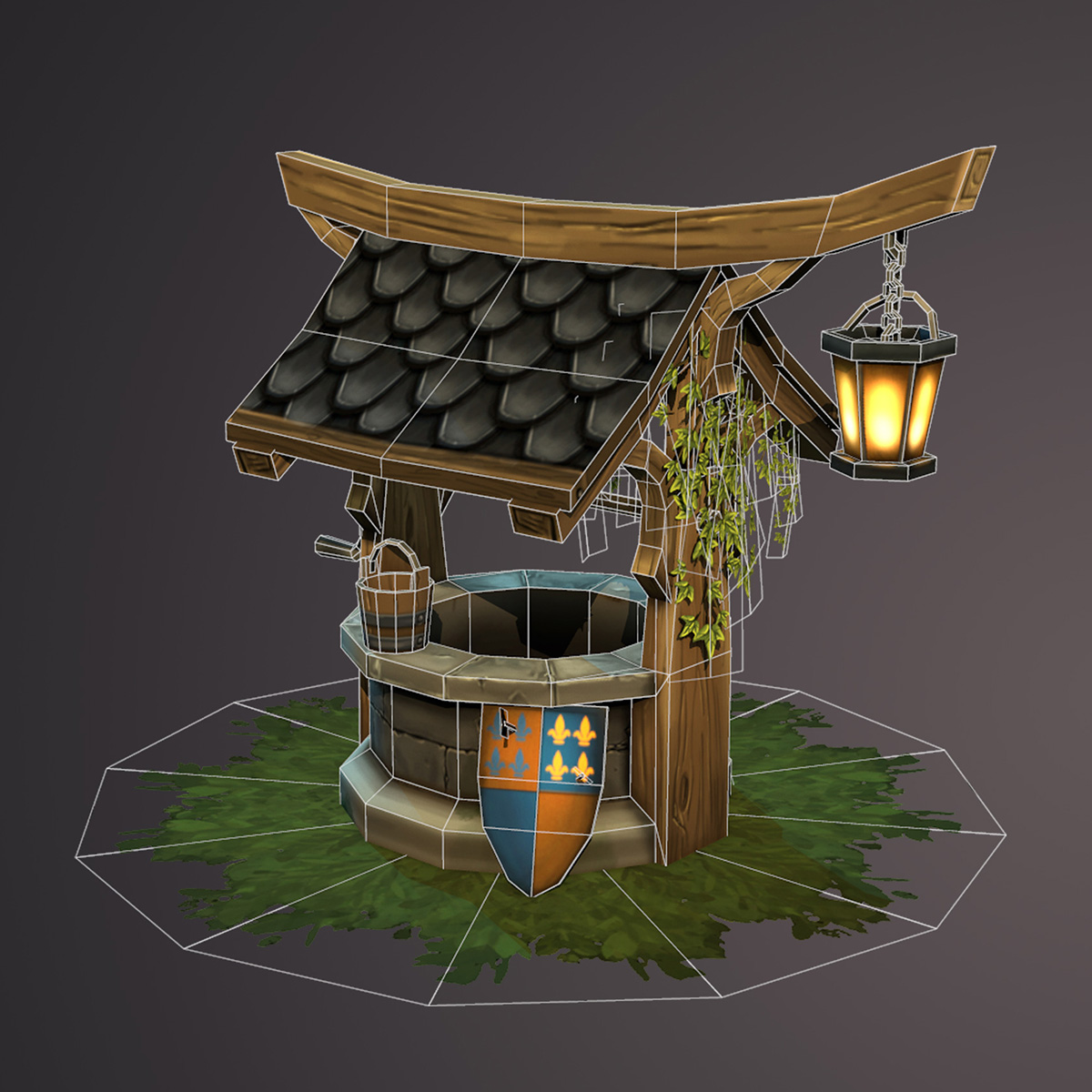
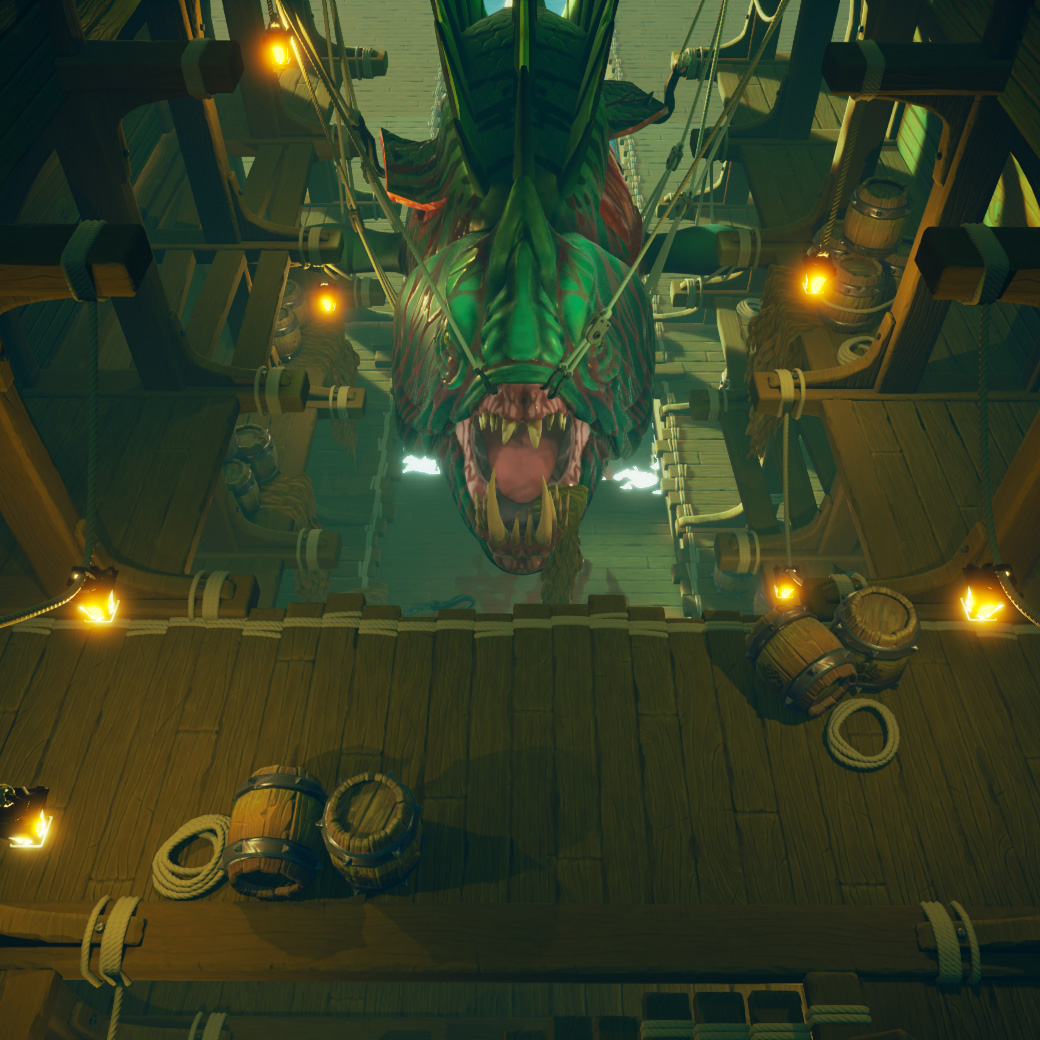
This Games Design degree provides a fantastic springboard into the games industry for future Games Designers, Level Designers, Prop and Asset Modellers, or even into Production Management roles. We’re proud to say that past students are currently working throughout the industry, from major game companies to small independents – or even start your own company like one group of Futureworks students did (Torque Studios) to enter a national competition. They won the competition, picking up a £25,000 prize which helped fund their first game which was nominated in the BAFTA games awards.
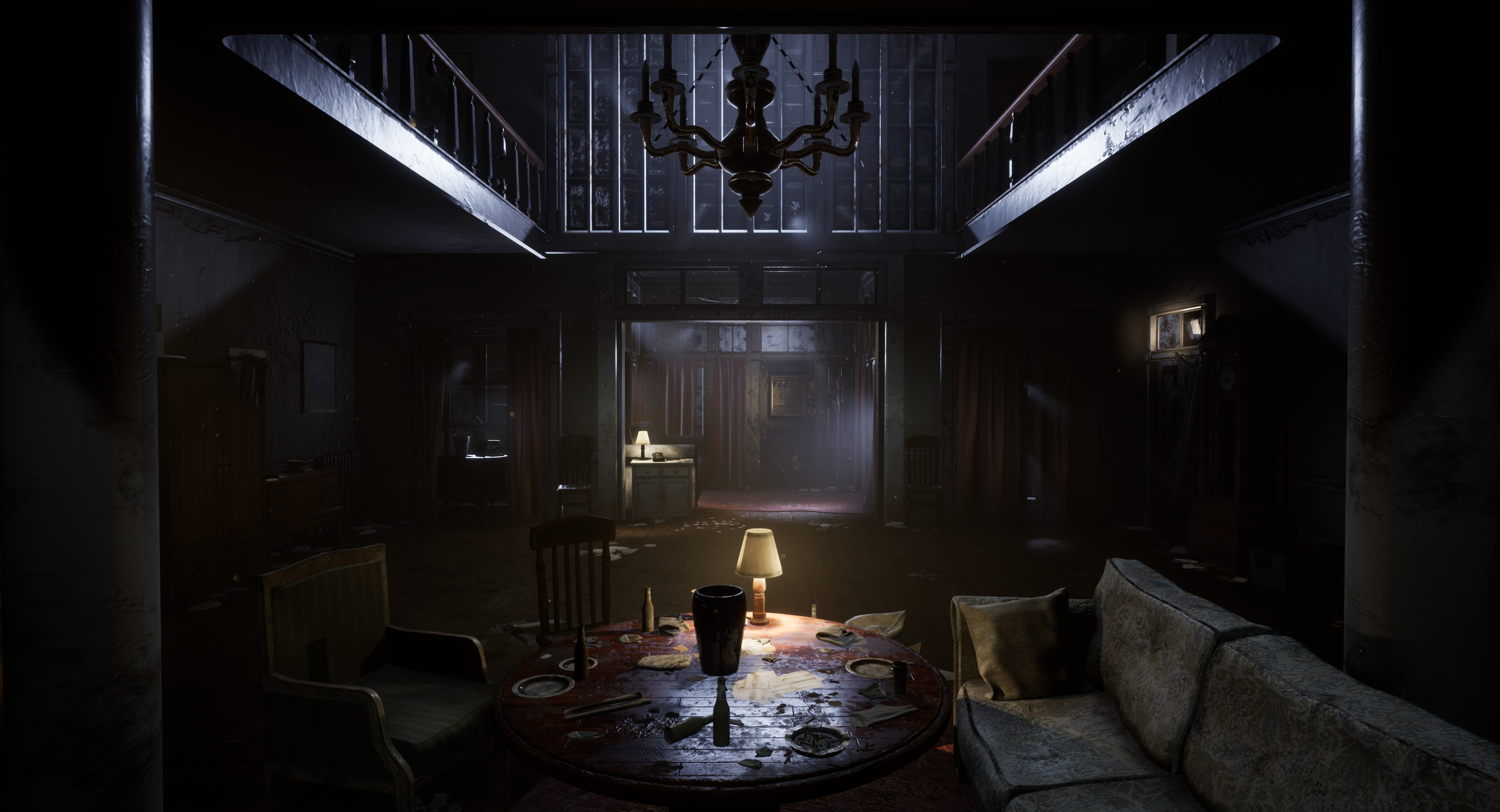
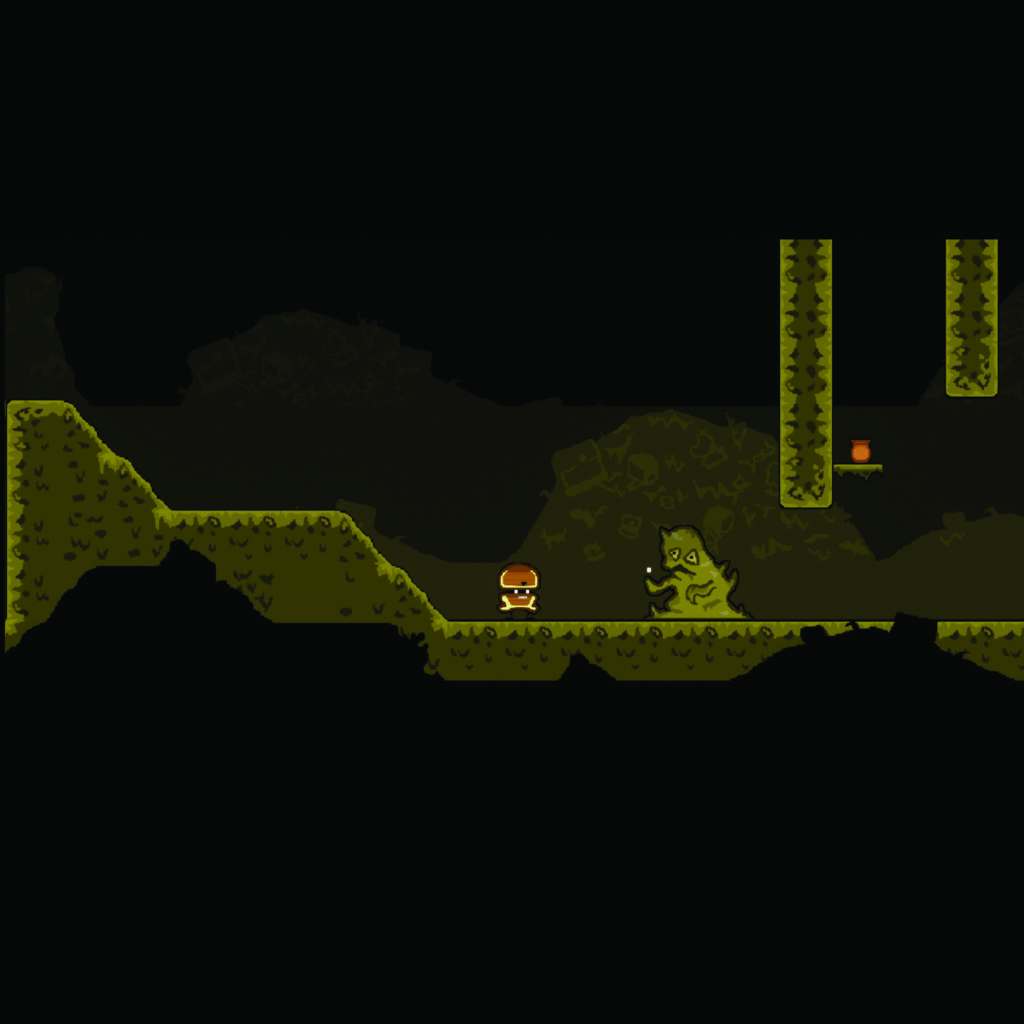

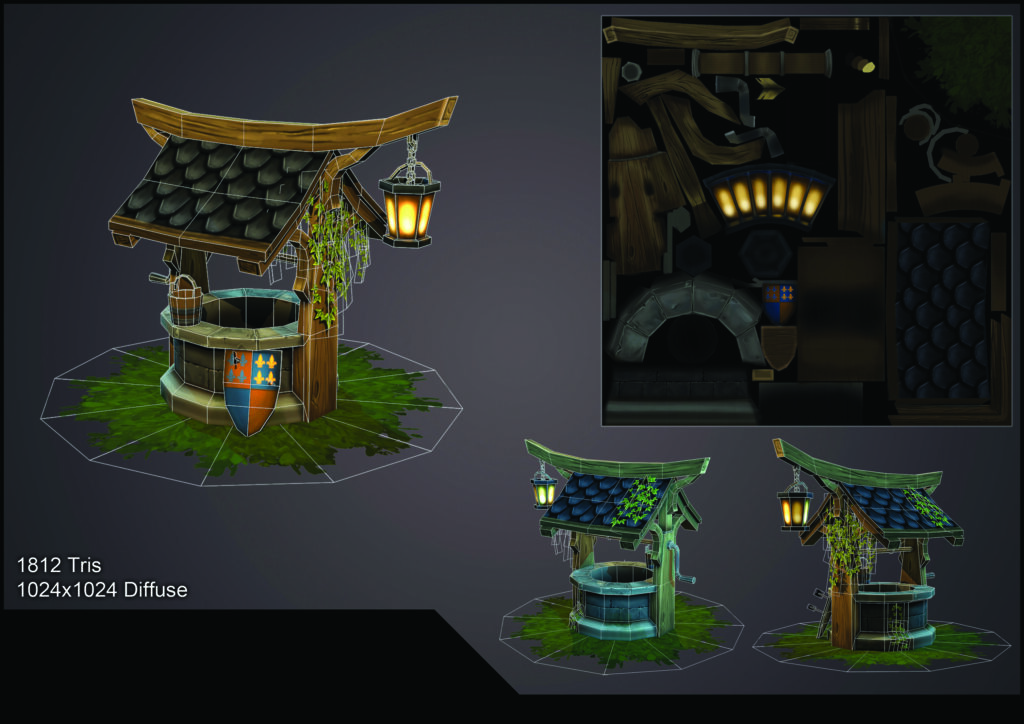
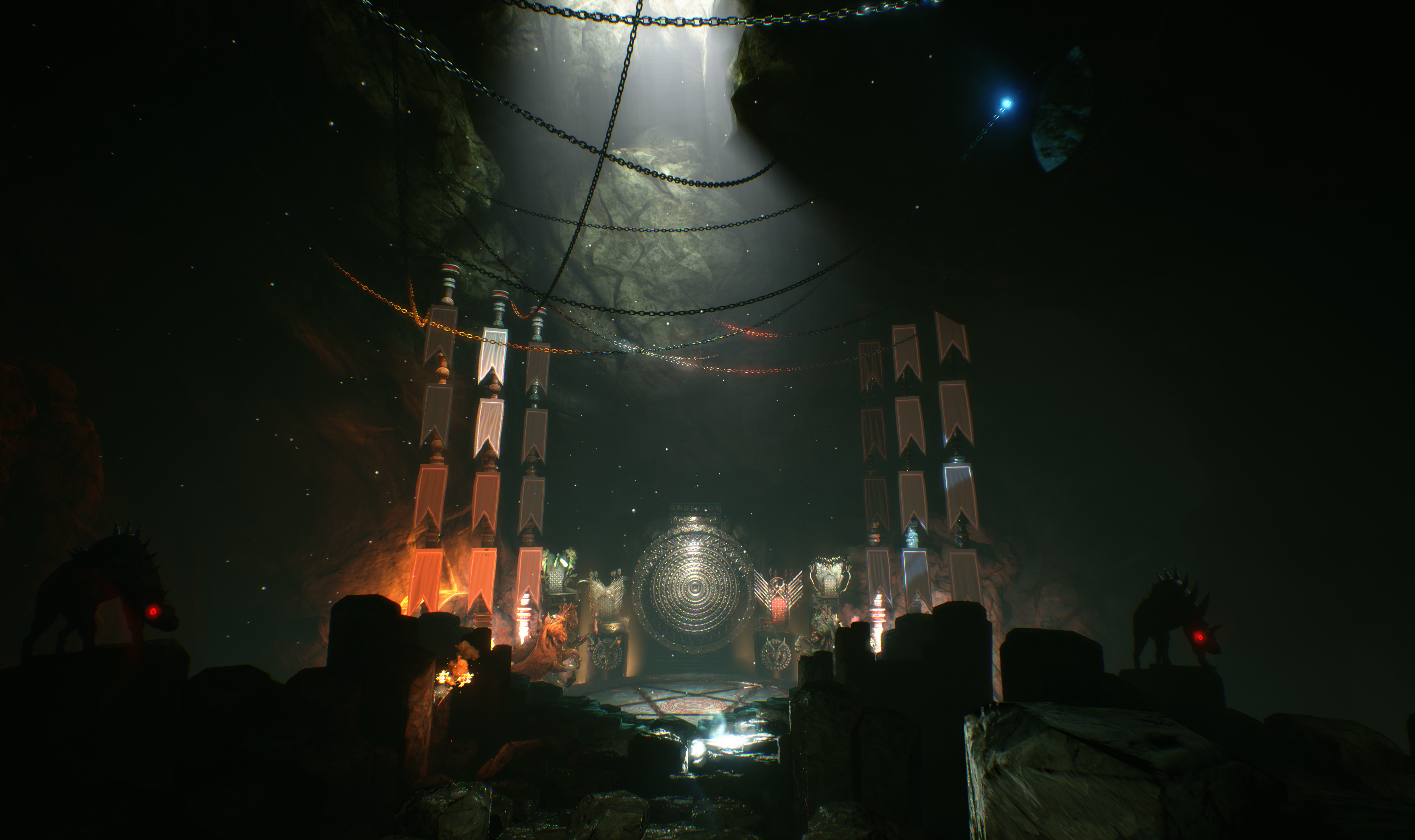
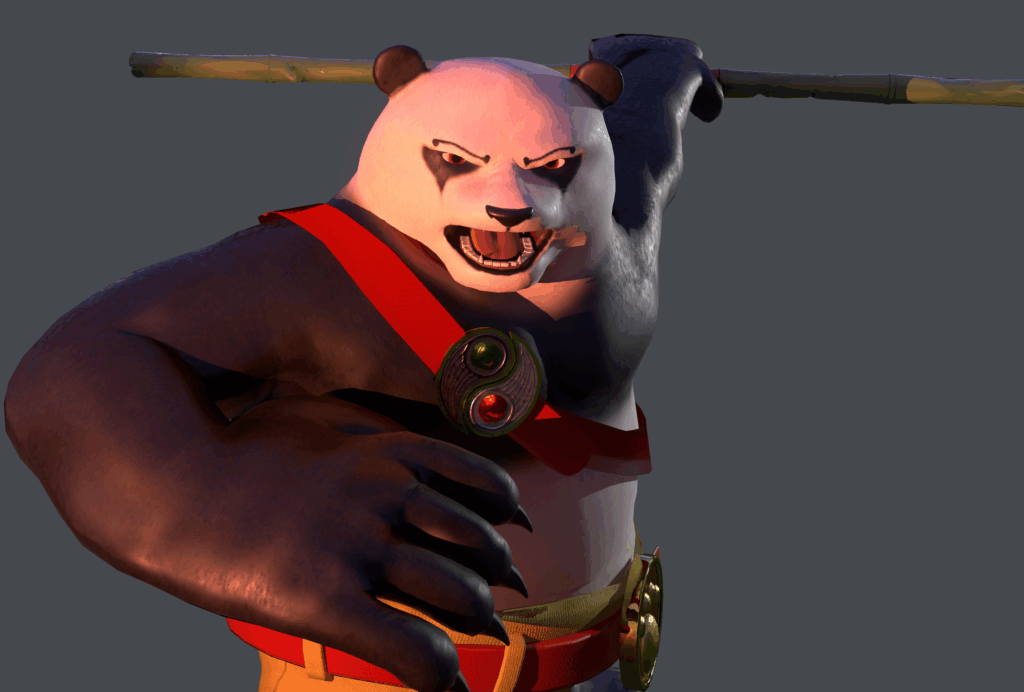
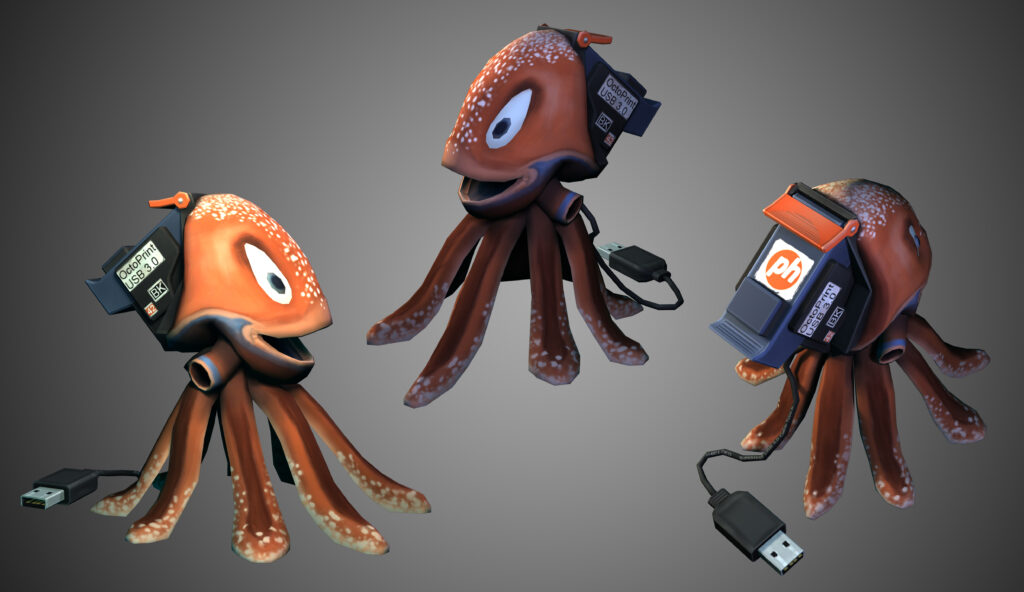
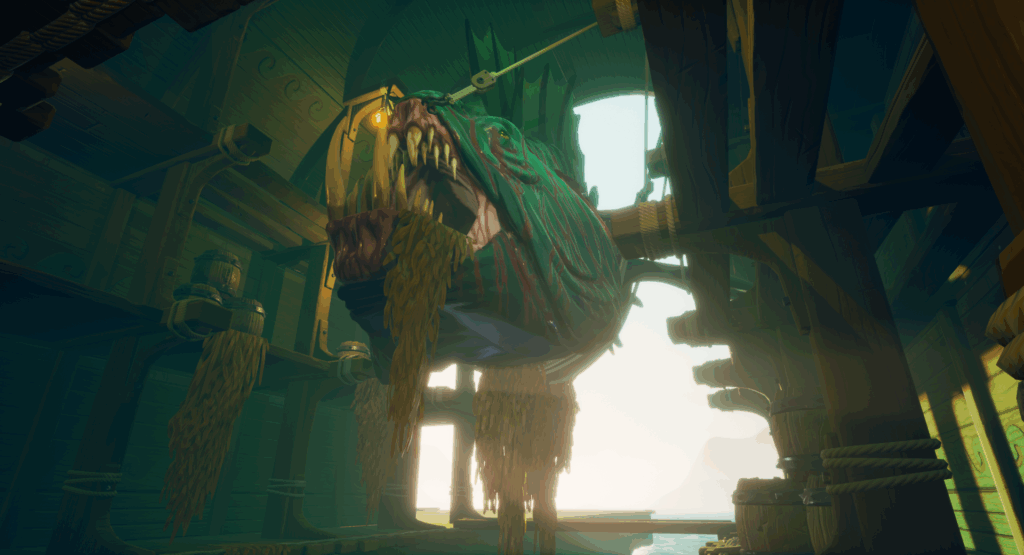
To be considered for this course, you will require 104-120 UCAS points.
This could be gained via a number of qualifications, for example:
You can apply for this course by applying directly to Futureworks. Alternatively, you can apply via the UCAS system. The UCAS codes for this course are as follows:-
UCAS Code: WG24
Institution Code: F98
If you have any questions please call us on 0161 214 4602 or email admissions@futureworks.ac.uk
Successful applications will receive an offer directly from Futureworks (and via your UCAS application if you applied through UCAS).